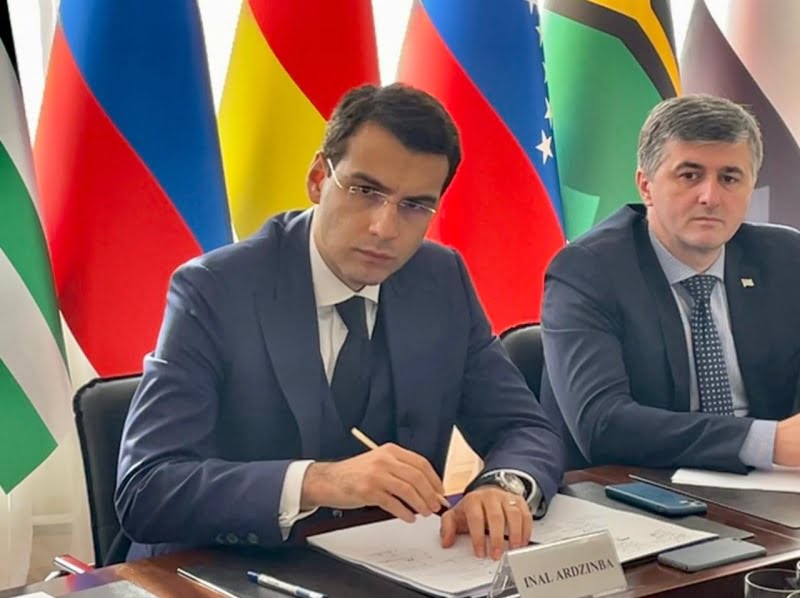The ‘foreign ministry’ of Russian-occupied Abkhazia, under the leadership of freshly-appointed former Kremlin official Inal Ardzinba, has demanded foreign non-governmental and international organizations operating in Abkhazia to apply for prior approval before carrying out their programs.
Citing Abkhaz legislation, the ‘foreign ministry’ said a prior consent is required for any program, including meetings with local youth, organizing discussions roundtables, seminars, distributing information materials or preparing meetings with central Georgian authorities or organizations.
The statement also demands from the international organizations to submit reports on the implementation of their projects, information about their employees and financial documentation on the sources of their funding.
The organizations that provide assistance to occupied Abkhazia include the United Nations High Commissioner for Refugees (UNHCR), the United Nations Development Programme (UNDP), the World Healh Organization (WHO) and the International Committee of the Red Cross (ICRC). The organizations carry out their activities in coordination with the central Georgian government.
The development follows Ardzinba’s November 29 meeting with representatives of ICRC, UNDP, UNHCR, United National Children’s Fund, UN Women, Food and Agriculture Organization of the UN, World Vision International, Danish Refugee Council, Action Against Hunger and the Halo Trust.
During the meeting Ardzinba proposed with his interlocutors to cooperate actively in coordination of the organizations’ programs. His deputy, Irakli Tuzhba said on November 30 that during the meeting Sokhumi officials stressed the need for the organizations to apply to them for approval.
The ex-Kremlin official has become the occupied region’s chief diplomat on November 17, replacing long-serving predecessor Daur Kove. Previously he had pursued a controversial career in Kremlin, serving as the Assistant of Vladislav Surkov, then Russian President Vladimir Putin’s top aide overseeing relations with CIS states, Abkhazia and Tskhinvali region. In this capacity, Ardzinba was specifically charged with overseeing affairs with Ukraine, including Moscow-backed self-proclaimed entities of Donetsk and Luhansk.
Abkhazia is also working on harmonizing its legislation with Russian laws, as per the “Common Social-Economic Space” program signed between Sokhumi and Moscow in November 2020. This also covers Russia’s so-called foreign agents legislation, which obligates non-governmental organizations receiving funding from foreign sources to register as foreign agents.
Also Read:
This post is also available in: ქართული (Georgian) Русский (Russian)

